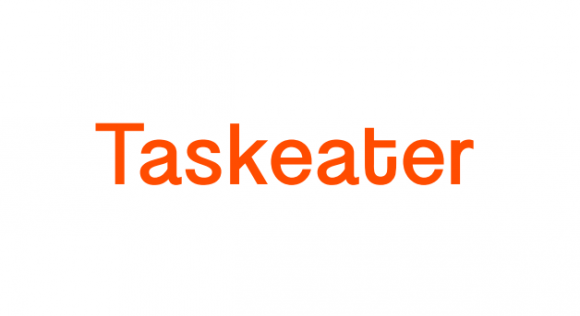 What do you do when hiring people to do even the basic stuff becomes really expensive? With the crashing economy, most Finns will know the answer: you outsource production to a country where work is cheaper.
What do you do when hiring people to do even the basic stuff becomes really expensive? With the crashing economy, most Finns will know the answer: you outsource production to a country where work is cheaper.
At least that’s the idea.
Moving mass production facilities to cheaper countries is how our world works today. However, there a few fundamental differences that makes front- and backend development outsourcing a tougher nut to crack when compared to industrial manufacturing.
Firstly, you’ll want a team that has experience in programming, which isn’t always a given. Secondly, you’ll want to have a good line of communication with said team. Thirdly, you’ll definitely want to deal with a good level of English, and last but not least, you’ll still want to keep the cost of labour low enough to make it worth your while.
In order for services and platforms to be flawless, dizzying amounts of working hours go into “cleaning up” the details and making sure everythings is nicely polished. When new products or features come into play, the necessary data needs to be inputted accordingly and customer service needs to be up and running at all times. It’s all the sort of work which does not necessarily require extreme knowledge to complete, but rather plenty of patience.
Those are all points Mikko Tamminen has taken largely into consideration during his recent years. His involvement in several internet startups in the US and Europe brought him face to face with the problem of scalability: the bigger the service or platform would become, more employees were required to support the projects. Tedious jobs are delegated to experienced workers who could spend that time doing something more important, while the cost of work hours stayed the same.
Tamminen is the chairman and main investor behind development and maintenance outsourcing start up Taskeater. After many years of startup involvement and business model scouting in the western hemisphere, he moved to Bangladesh where one of the startups he worked with was running an online food delivery service. Since the full e-commerce spectrum was already covered, they turned the company upside down. Now the company works full time on projects for client companies mainly from northern Europe.
 The Taskeater employees are fluent in english, and the company has a policy of keeping communication channels as transparent as possible: clients can be directly in touch with Taskeater workers via skype, email or any other form of communication of their choice.
The Taskeater employees are fluent in english, and the company has a policy of keeping communication channels as transparent as possible: clients can be directly in touch with Taskeater workers via skype, email or any other form of communication of their choice.
Tamminen says this is a crucial factor why Taskeater is an attractive alternative to the many similar outsourcing companies that we see in India, where the project managers are usually the only middlemen available in terms of oversighting task distribution and communication.
Taskeater targets mainly startups, who are in dear need of low cost extra manpower. Bangladesh provides up to 40-50% lower cost in comparison to home hiring, lowering the price even when compared to Eastern European outsourcing.
Tamminen points out that that there are indeed platforms that offer outsourced development, most notably Elance-Odesk.
“These types of companies are good for one time or short term projects. Ongoing work and long term commitment on the other hand, is what Taskeater good for and that’s what it’s after”, he says.
Personally, I’ll have to agree with some of the advantages Taskeater claims to have: Taskeater worked on the Arctic15 website for two months, and my personal line of communication with one of the employees was seamless and the language barrier non-existent.
Tamminen, who’s been living in Bangladesh in recent years, travels between Europe and Asia, constantly looking for new clients. The target is set at the Nordics for now, since establishing a good name and foothold where the startup scene is evolved and demanding works as a certificate for global quality.
“Word of mouth is the best ways to spread knowledge of our service which is why we feel that establishing yourself in the north opens the doors everywhere else”
Taskeater’s Dhaka office is the workplace for over 25 employees. Cheap work aside, Taskeater has created jobs for it’s Bangladeshian workers, who are happy to have such an opportunity, according to Tamminen and a few employee interviews visible from their website.





